ABALOBI ICT4Fisheries Traceability Technology
The ABALOBI ICT4Fisheries Traceability Technology has been co-designed with small-scale fishers to ensure that it is relevant to their context. The traceability technology is implemented through an integrated system of customised mobile applications and online platforms which can effectively track seafood from landing site to the final consumer. It incorporates crosschecking and validation of data points across the ABALOBI Fisher App, ABALOBI Marketplace App, ABALOBI Monitor App, and ABALOBI Admin Panel online platform. The key to the success of this integrated technology is that all stakeholders along a small-scale fisheries value chain can readily track seafood moving through the traceability system. In addition, the ABALOBI ICT4Fisheries Traceability Technology enables a consumer facing QR Code to be generated that captures the unique story behind each seafood species in real time. This provides visibility for small-scale fishers and helps them differentiate their seafood products.
